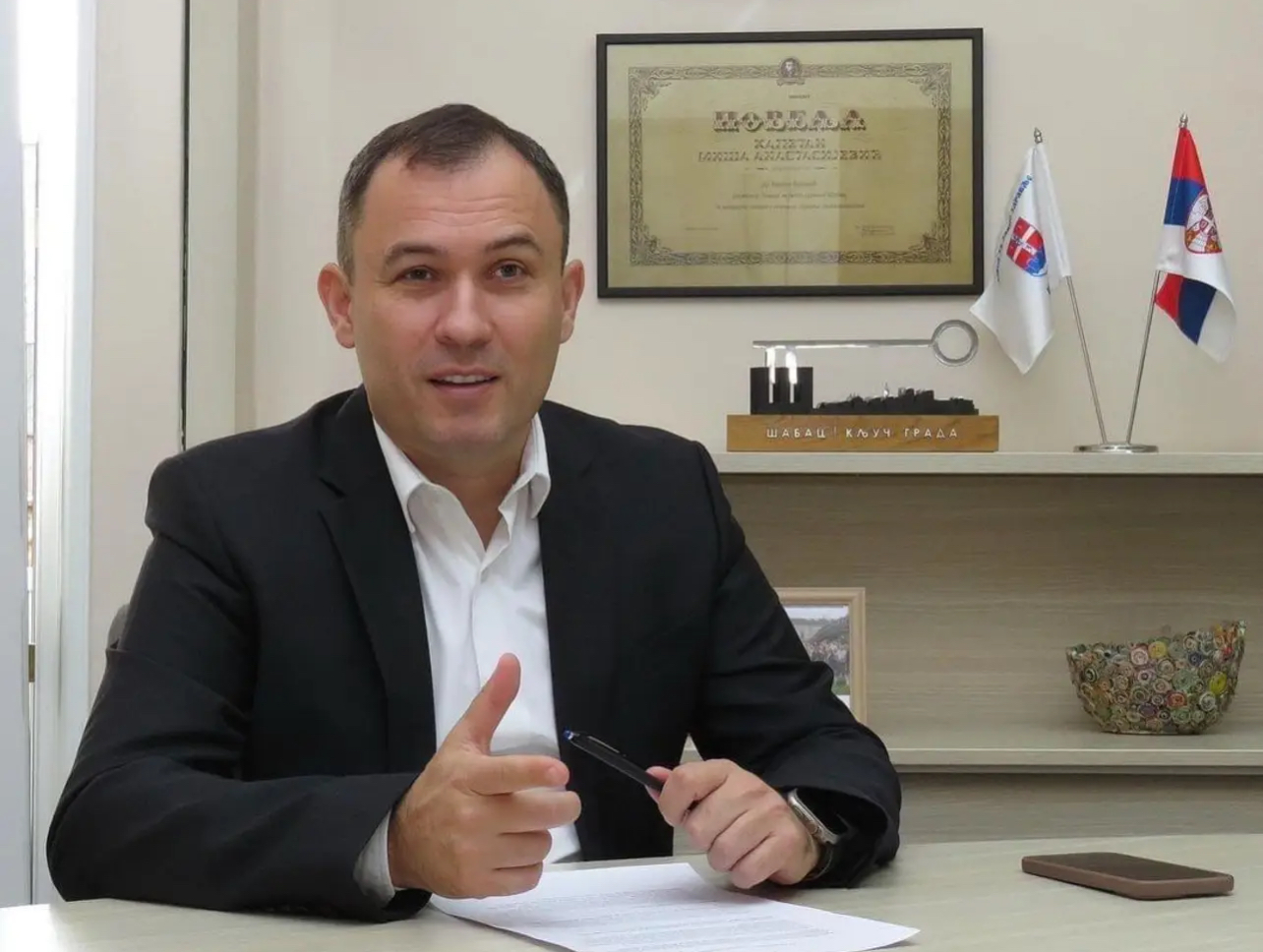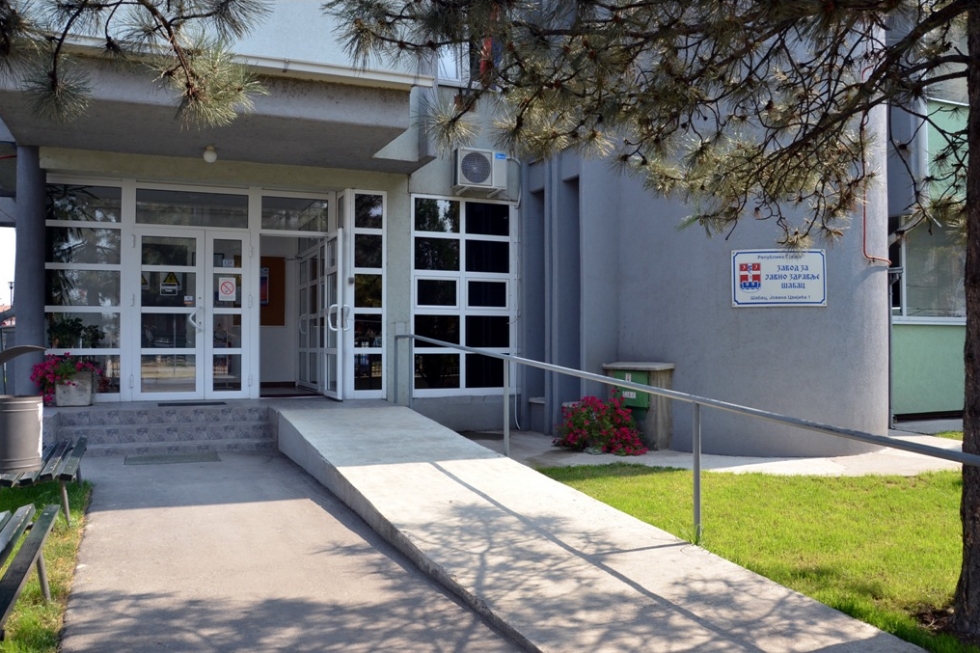“In this joint project, the company “Heliant” has facilitated the use of healthcare services to citizens, and this is one of the important prerequisites for preserving public health,” says the director of the Šabac Public Health Institute, MD Branko Vujković, about the information networking of eight towns of Mačva district.
Last summer, the company “Heliant” implemented its laboratory information system Infolab LIS (microbiology module) and business information system Moneo in the Šabac Public Health Institute (PHI Šabac), thereby starting the process of networking healthcare facilities in the Mačva district.
In addition to PHI Šabac, other healthcare facilities where the Heliant health information system has been implemented – Loznica, Bogatić, Ljubovija, Koceljeva, Krupanj, Vladimirci and Mali Zvornik – will have been covered by networking by the end of the year.
In this way, electronic submission of referral forms from healthcare facilities to PHI Šabac was enabled, as well as delivery of verified results to the healthcare facility into the patient’s record.
Unnecessary administration has been reduced, while the flow of information between healthcare facilities has been accelerated, as the Director of Šabac Public Health Institute, MD Branko Vujković, pointed out for heliant.rs.

MD Branko Vujković, Director of Šabac Public Health Institute
“Šabac Public Health Institute enabled even the most remote patients to receive adequate therapy in the shortest possible time by the elected physician or a specialist physician, after the fastest and most accurate microbiological diagnosis in our laboratory.
Until now, physicians had to wait for microbiological tests results for at least seven days, so antibiotic therapy was most often started without microbiological verification and antimicrobial resistance test of microorganisms, which of course exposed patients to the irrational use of antibiotics, but also contributed to bacteria additionally developing resistance to antibiotics by generating regional and the global problem of resistance to antimicrobial therapy,” says MD Vujković.
He points out that, precisely because of all of the above, “in this joint project the company “Heliant” has facilitated the use of healthcare services to citizens, which is one of the important prerequisites for preserving public health.”
Director of Šabac Public Health Institute notes that the digitization of the healthcare system has proven to be an important weapon in the fight against the pandemic and has become a new flywheel for the development of healthcare facilities in Serbia, with more efficient and effective implementation of important tasks in the fight for health, but also rationalization of all resources.
“The Public Health Institute Šabac is the first public healthcare facility that, by setting up the modern laboratory information system, made it possible, with the help of our partner “Heliant” to integrate all primary and secondary healthcare facilities into a single system. If we directly observe the former process that functioned exclusively in paper form, today it is automated by receiving an electronic referral form, but also by sending verified results by our experts in the shortest possible time, which has reduced the number of “manual” steps and the possibility of human and technical error to the minimum.” MD Branko Vujković points out.
He adds that the amount of paper documentation has been reduced, and thus employees are relieved of scanning and mailing test results.
Also, the automation helped in recording the services that PHI Šabac performs for the National Health Insurance Fund, it accelerated the generation of invoices and the collection of payment for the Institute’s services.
“All this contributed to a significant saving of financial resources, in addition to the obvious saving of time. With excellent diagnostic equipment and modern laboratory of clinical microbiology with accelerated processes, the quality of our services has reached an enviable level, as evidenced by all the awards our institution has received for its business results,” says the Director of Šabac Public Health Institute, MD Branko Vujković.
